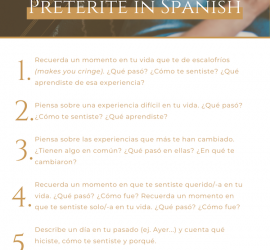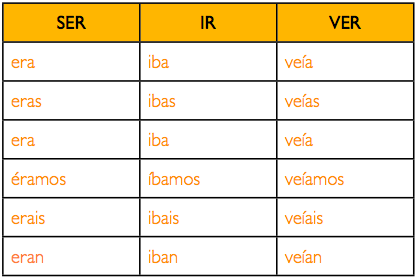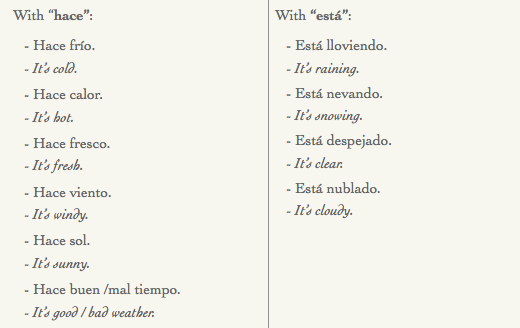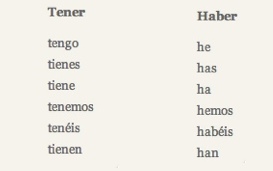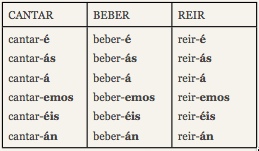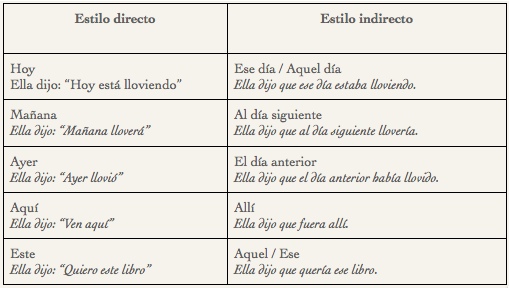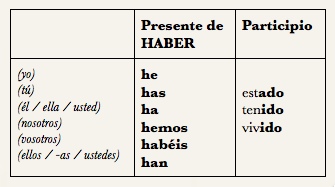Irregularities of the Pretérito Indefinido tense in Spanish. Talking about the past (III) 14
A few days ago, a follower of my Facebook page asked me for help with his personal nightmare in Spanish. For him, the irregular verbs in the Pretérito Indefinido (Past Tense) were just something he couldn’t understand, so he wrote me a few lines asking me for some tips. As […]

